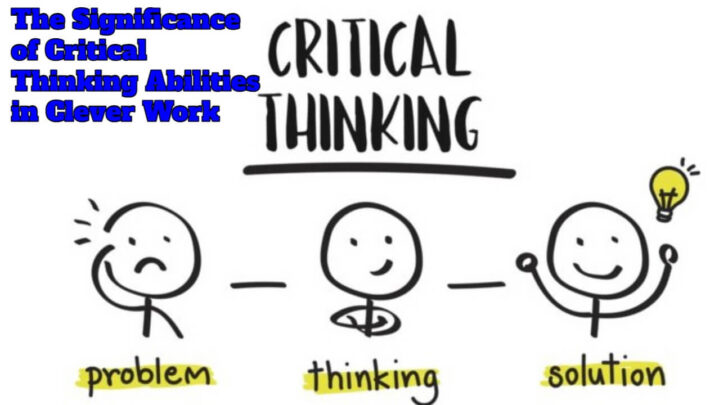It is a cognitive process in which information is analyzed, evaluated, and synthesized in order to generate educated judgments or make decisions. Critical thinking entails not just identifying issues, but also devising effective solutions to those problems.
Critical thinking skills are essential for success in today’s environment when employment is frequently complicated and requires the management of information. It enables individuals to perceive the problem, analyze it, and devise unique and effective solutions that improve the efficiency and productivity of their job. Employers value this capacity to comprehend complicated data and make judgments based on it.
Individuals with the ability to think critically may analyze several points of view and assess them objectively. It allows people to question their own assumptions, ideas, and prejudices and examine events from many perspectives. Individuals can also use critical thinking to ask pertinent questions, obtain information from multiple sources, and make informed decisions.
Critical thinking abilities are much more important in an intelligent job, where invention and creativity are crucial components. Clever work necessitates thinking beyond the box, exploring unorthodox solutions, and developing fresh ideas to tackle issues. The capacity to perceive connections between seemingly unrelated topics and devise innovative ways is what distinguishes smart employees from their counterparts.
Critical thinking abilities are important for personal growth and development in addition to being useful at work. It allows people to comprehend and examine their own ideas and feelings, as well as assess and reflect on their own views and prejudices.





